Artifact actually could be something: It’s Valve’s first video game released in many years back. An environment that operates based on card trading mechanics and Valve-powered technology community. This game has a really solid basis: always more than a hundred people playing at the same time. A few months after the game showed up, Artifact has nearly become a dead-game. What a shame, Valve declared that it wants to withdraw its game back to the designing table. Richard Garfield, father of this game, also the original designer of Magic: The Gathering, is questioning himself about what was wrong with his product.
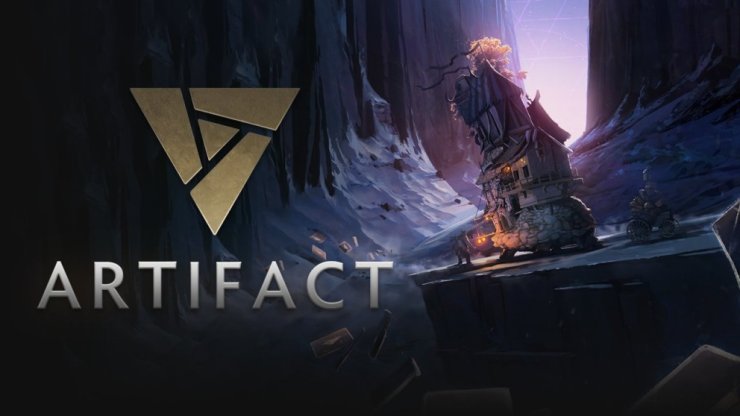
In an interview with Win.gg, designing staff Skaff Elias and Garfield elaborated their short cooperation with Valve. They have said goodbye to Valve due to the conflicting ideas with the company at the beginning of this year.
According to Garfield, there were three primary problems: First, the rewarding mechanics doesn’t match with players’ efforts. Next problem concerns basic tools and common goals in online games such as achievements, trophies and missions. This leads to the final problem: the game had to suffer from a rating bomb, when players question themselves what this game gives to them, and it was built for whom.
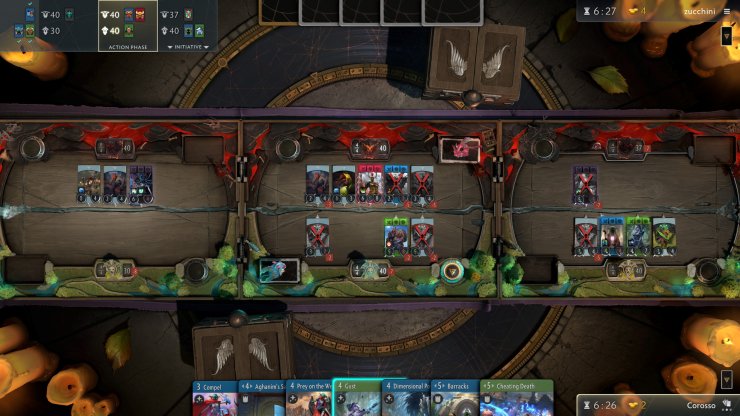
The controversial market of Artifact — where players acquire their cards by trading or buying only— ignited a lot of doubts among players. In fact, Garfield insisted on the fact that the system is not a pay-to-win one. In one statement, he believed that pay-to-win systems have 2 most featured key points:
1) a huge advantage thanks to buying items and stuff,
2) The true cost factor,
In Garfield’s opinion, his product has none of those two burdens.
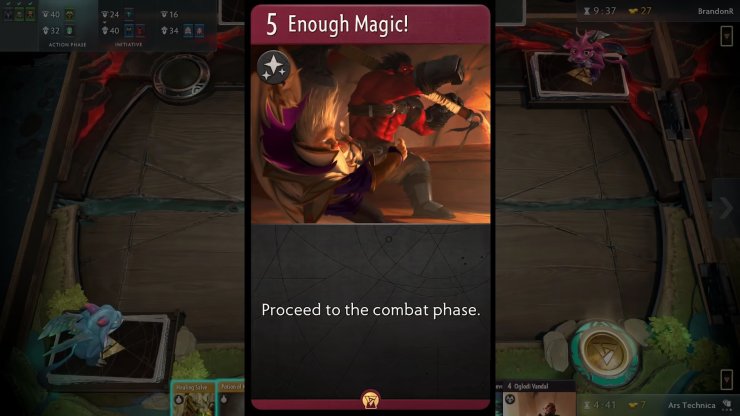
He confessed, despite being an acceptable deck builder and player in Artifact, that accessing to all cards cannot make him become a pro. It is possible to surpass the level of a moderate deck builder by mimicking others’ decks, yet it cannot turn you into a top player, just like buying many golf clubs doesn’t make you a world-class champion, Garfield compared.
In comparison with top-notch decks in Hearthstone and Magic, the ones from Artifact “generally” don’t cost you that much. Given the fact that the Steam’s market for Artifact is nearly dead now, this is inarguably true. Garfield confirmed that Artifact isn’t the expected value for anyone who are familiar with video card games, rather than traditional ones. He agreed that, although the game seemed to be generous to previous Magic’s gamers, players who are looking forward to a free-to-play card-based game find it stingy.
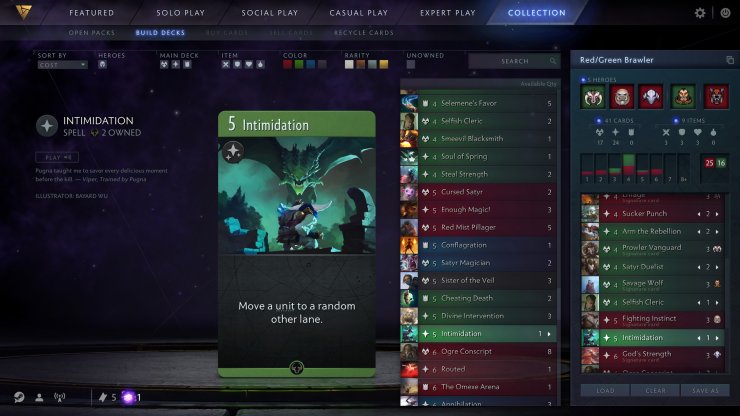
The constantly increasing number of negative feedbacks for the game started to influence the development crew. Yet, Garfield, Elias as well as their former colleagues at Valve don’t stop.
Elias couldn’t deny the fact that people weren’t happy with the team. According to him, all of the members felt really bad when the situation went south. Given that having this kind of stress was inevitable, developers still put a lot of their efforts in the game because of its great potential. He showed his hope in the game’s future updates, which a lot of people are still working on at the moment.
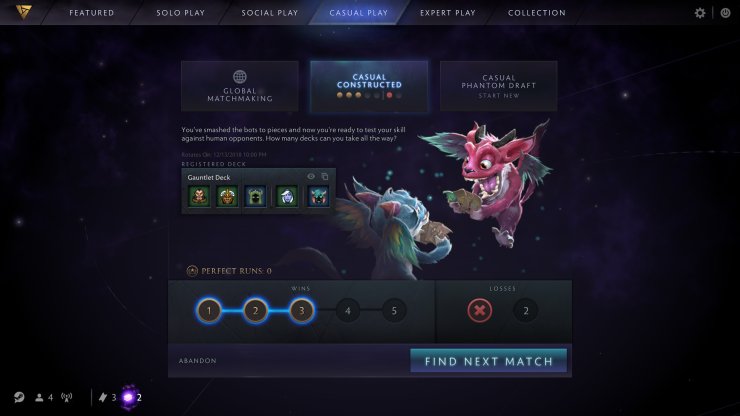
In spite of the poor start, Garfield strongly believes that Artifact possesses a strong foundation beneath. In the long run, he optimistically hopes that this basis could be the savior of his product.
He emphasized the difference between Artifact and other titles on the gaming market. “It has more kinship with an RTS than any other TCG”, he stated. Garfield presumes the team is having a great story, they just need to find out the way they share it.
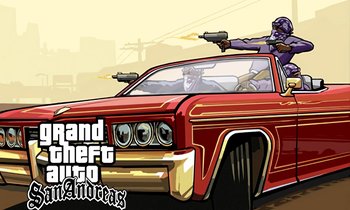
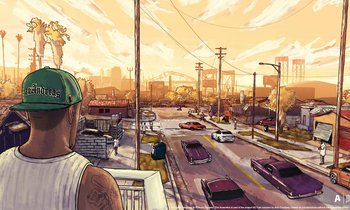

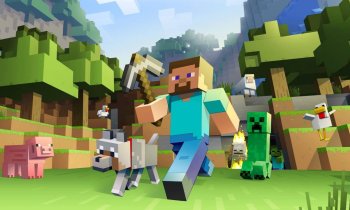
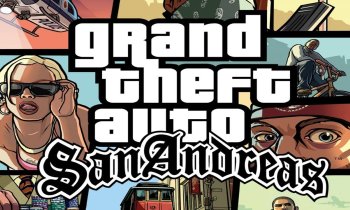





Comments